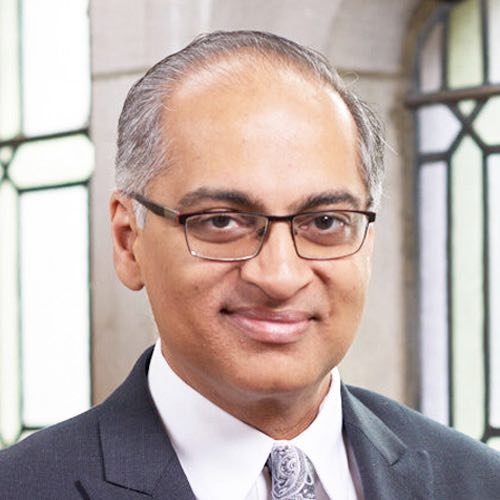“He will come again in glory to judge the living and the dead and his kingdom will have no end.” ~ The Nicene Creed
The church is now in the season of Advent, a season of waiting and expectation. But for what? The answer given by tradition is that we wait for the coming of Christ in the incarnation; in the sacrament, and in glory. For most Anglicans, the first two pose few problems. The second coming, however, presents challenges for our naturalist age, one in which it is hardly possible to believe in an act of radical divine interruption that rolls up the scroll of history and brings it to a definitive conclusion. But aren’t we Anglicans required to believe in the second coming? Or is this among the parts of the creed where some have their fingers crossed?
Thankfully, Anglicans are not known for confessional policing. Few among us are looking to establish the doctrinal orthodoxy of either clergy or laity. That is well and good, not least for me. The real test of faith, at any rate, is whether we are moving into the divine life, and the only criterion for establishing that is the measure of our capacity for love. To have “the right beliefs” and yet to be without love is to be, as Paul puts it, a clanging gong and noisy cymbal.
So, let’s ask a different set of questions: 1) What are the risks, if any, of believing in the second coming? 2) What might we lose if we surrender this hope?
The risks are clear: they include passivity, caused by a strong sense of divine agency that suggests that God will solve our problems for us without us, grounded in a view of divine power which suggests that God can insert Godself into natural causal processes.
If God can and will eventually come storming to rescue us from ourselves, then why care about the ecological crisis or a thousand other ills with which we must wrestle? We can adopt a passive attitude, or worse still, we can keep violating the Earth because we’re not going to be here for much longer. After all, God will take care of it.
If God can and will come again in Jesus, then why hasn’t God already acted more decisively in time and history? Where was God when God’s chosen people needed God? Why the horrors of the Holocaust?
Are the natural processes of the world merely provisional? Can God suspend them at will? Beyond the innumerable occasions on which even basic moral decency would have required God to act and God either refused or failed to do so, this view denies to creation any integrity and consistency of its own. It’s one thing to say that God is nearer to us than we are to ourselves; it’s quite another thing to posit that God has the power to violate the natural order God created.
These reasons add up to a solid case for refusing literalist accounts of the second coming.
Now, let’s work through the second question: What might we lose if we surrender this hope? I can think of two basic losses: a) a basic acquiescence to the world as it is; b) an exaggerated self-sufficiency that implies that we must do everything because God can do little to nothing.
The Advent season cultivates in us a refusal to accept the world as it is. During Advent, we affirm that the way things are is not the way things have to be. To surrender to Advent expectation is, therefore, to fall into an acquiescence that things will always remain pretty much as they are now.
Advent expectation does not mean adopting a view of history as an inevitable process of onward and upward, a view of history as a steady march of forward progress. We know that is not so. The global emergence of authoritarian populism, the reversal of progress on women’s rights in the U.S., and continuing ecological degradation show that progress is not guaranteed. But surrendering naivety need not mean capitulation to the status quo. Christians are a people of hope who believe that God is not finished with time and history. That is what Advent means — God is still at work making all things new!
A second danger of surrendering hope in Christ’s coming is that it might lead us to believe that we must do it all, that the problems of history are entirely up to us to fix unaided. This is the equal and opposite danger of imagining that God will fix things for us without us; here, we imagine that we will fix things without God, that the great problems of time and history are really just a matter of humanity giving it the old college try. Such optimism takes little account of human fallibility and brokenness. So, how do we thread the needle between God doing it for us on the one side or human beings doing it for ourselves on the other? That is the dicey question.
The only answer I can see is the “both-and.” Human action empowered by divine grace. To long for Advent is to long for the coming of justice, a world put to rights, an end to inequity and the many ways in which the poor and marginalized are devalued. When we pray and long for the coming of the Lord, we are praying and yearning for the consummation of creation. Prayer is how God gets into us — into our hearts, into our minds, and even into our bodies. When we pray, we open ourselves to a power that is not our own. In prayer and worship, we recognize that the power of love cannot do its work without us nor are we sufficient unto ourselves. Christ will have to come into the world through us.
During Advent, we trust that God is doing a new thing, but God needs us to be open to what God wants to birth in and through us. Christ must come again by the power of the Spirit and by the grace-filled labour of human hearts, hands, and voices working for the justice that is yet to come. Maranatha! Come Lord, come!



